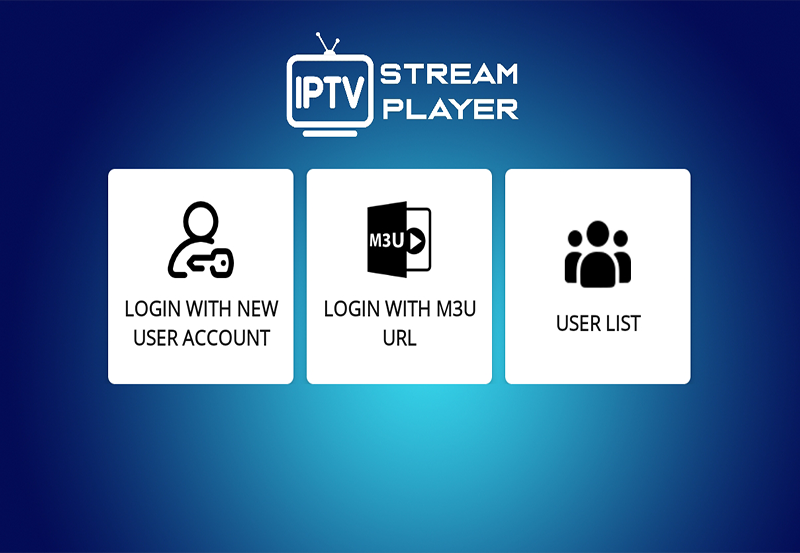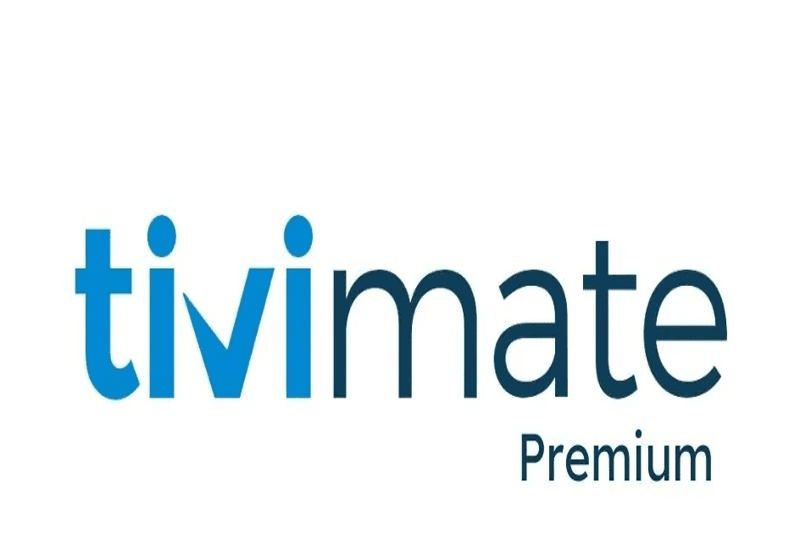In today’s fast-paced digital world, the ways we consume content have evolved significantly. No longer are we limited to the rigid schedules of traditional cable or satellite TV. Enter IPTV — Internet Protocol Television — the game-changer in broadcasting technology that is steadily gaining popularity across the globe. But what exactly is IPTV, and how can it enhance your viewing experience? This article aims to demystify IPTV, exploring its various aspects and advantages in a language that’s straightforward yet engaging.
Buy 1 Year IPTV Subscription and Enjoy Unlimited Content
Understanding IPTV: The Basics
IPTV, or Internet Protocol Television, refers to a system where television services are delivered using the Internet protocol over a packet-switched network such as a LAN or the internet, instead of being delivered through traditional terrestrial, satellite signal, or cable television formats. In essence, IPTV allows users to stream live and on-demand TV shows and other video content via their internet connection.
How IPTV Works
Unlike traditional TV broadcasting, IPTV sends content directly over internet networks. Here’s how it typically works:
Streaming Tip:
Upgrade your game day experience with IPTV Sports for live and on-demand coverage of all major leagues.
- Content Serving: Content is prepared either live or pre-recorded, and compressed into a digital format for streaming.
- Delivery Mechanism: Once encoded, this content is sent over an IP network to subscribers.
- User End: Users can access the content on a variety of devices, including but not limited to TVs, computers, and mobile devices.
Main Components of IPTV
To function optimally, IPTV relies on several components:
- Encoder: Converts video content into a digital format.
- Middleware: Acts as the intermediary between the user and the content provider.
- Content Delivery Network: Distributes video streams efficiently across numerous servers to minimize lag and buffering.
Choosing the Right IPTV Service for Your Needs
When opting for an IPTV service, the first thing to consider is compatibility with your devices, such as your Firestick. Also, assess the range of channels offered, the quality of streams, and the reliability of the service. Notably, the range of IPTV subscription plans can vary widely, offering everything from basic packages to more premium, all-inclusive deals.
IPTV Service for Firestick
The Amazon Firestick is one of the most popular streaming devices used today, known for its ease of use and portability. If you’re looking to experience IPTV on a Firestick, you’ll need to consider compatibility and support for the device in your chosen IPTV service. Some providers offer dedicated apps that can be easily sideloaded onto the Firestick, ensuring that you maximize your streaming delight with minimal hassle.
Assessing IPTV Subscription Plans
When determining which IPTV subscription plan is right for you, take into account several factors:
- Number of channels offered
- Access to international or local content
- Availability and quality of on-demand content
- Pricing and contract flexibility
Maximizing Your Streaming Delight With IPTV
Getting the most out of your IPTV service involves more than just selecting the right provider. Here are some tips to optimize your experience:
Internet Speed and Connection
A high-speed, stable internet connection is crucial for seamless IPTV viewing. Although the required speed can vary based on the streaming quality (SD, HD, or 4K), a speed of at least 10 Mbps is generally recommended for uninterrupted HD streaming.
Device Compatibility
Ensure your device is compatible with the IPTV service and can support the requested video quality. Regularly updating your device firmware and apps can also improve performance.
Smart TVs vs. Streaming Devices
Smart TVs offer built-in apps and connectivity features, but might be limited in terms of app availability. On the other hand, streaming devices like Firestick or Roku offer more flexibility and frequent updates, often enhancing the overall viewing experience.
Security Considerations
As IPTV involves streaming over the internet, security can become a concern. Make sure your IPTV provider offers robust security measures such as encryption to safeguard your data. Using a virtual private network (VPN) can add an additional layer of security, especially when accessing international content.
Protecting Your Data
Utilize VPN services to keep your data private and your connection secure, particularly if you’re accessing IPTV services from different regions. This helps in avoiding geo-restrictions and maintaining your data security.
The Future of IPTV
IPTV continues to evolve with advancements in internet technology. With 5G on the horizon, the quality and accessibility of IPTV content are expected to increase exponentially, providing users with enhanced viewing experiences that are more interactive and immersive.
Emerging Trends in IPTV
From VR integration to personalized content algorithms, the future of IPTV promises exciting enhancements that will redefine entertainment norms. As these innovations unfold, they pave the way for more user-centric content delivery methods that align with individual viewing preferences.
Endnote: Embrace the IPTV Revolution
With a clearer understanding of IPTV and its offerings, you’re now equipped to dive into the world of internet-based television. As consumer demands for flexible, on-demand content continue to rise, IPTV stands out as a promising solution that marries traditional TV’s breadth with the internet’s adaptability. Go ahead, explore the various IPTV options out there, and transform your viewing habits to suit modern demands.
Frequently Asked Questions

What is the difference between IPTV and traditional TV services?
IPTV transmits content over the internet, allowing for more on-demand and varied programming options, while traditional TV relies on cable or satellite signals, which is often linear and restricted.
Is IPTV legal?
IPTV itself is a legal technology; however, the legality of specific IPTV services can depend on the content rights acquired by the provider. It’s essential to choose a legitimate service with proper licensing agreements.
Can I use IPTV with my current internet speed?
Generally, an internet speed of at least 10 Mbps is recommended for smooth HD streaming. Higher speeds are needed for ultra-high-definition content, so check your speeds to ensure compatibility.
How do I install IPTV on my Firestick?
Your IPTV provider may offer an app that can be downloaded directly or sideloaded onto your Firestick. Each provider may have specific instructions, so consulting your provider’s guidance is key.
Does IPTV offer live shows or only on-demand content?
IPTV services typically offer a combination of both live broadcasts and on-demand video content, providing users with greater flexibility and choice in viewing.
Is there a possibility of buffering while using IPTV?
Buffering can occur due to low internet speed or network congestion. Ensuring a stable and fast internet connection and selecting a reliable IPTV provider can mitigate these issues.
The Ultimate Guide to Fixing Audio Lag on IPTV Channels





